17:00 — 18:00 GMT
Keynote: Reconstrained Design
James Auger
Designers often design for the world as it is—within a normalised framework that, as Foucault suggests, involves “trying to get people, movements, and actions to conform to this model” (2007). As a result, mainstream design practice tends to operate within narrow pathways, producing standardised outcomes that reinforce existing systems, even when those systems are problematic.
But these constraints that define these paths are neither fixed nor inevitable. What new forms of practice become possible when design steps outside these boundaries?
This presentation introduces Reconstrained Design—an approach that builds on Speculative Design but focuses specifically on the constraints that shape and limit conventional design practice. Rather than eliminating constraints altogether, it asks how we might intentionally redefine or reframe them to reveal alternative possibilities.
Note: Reconstrained Design also responds to the challenges of unconstrained speculative work, which can tend towards the provocative or sensational. By deliberately managing constraints, this approach aims to ground speculative design in more critical, responsible, and context-sensitive ways.
About James Auger
James Auger is director of the design department at the École normale supérieure Paris-Saclay (ENS) and co-director of the Centre de Recherche en Design (ENS/ENSCI Les Ateliers).
After graduating from Design Products (MA) at the Royal College of Art in London James moved to Dublin to conduct research at Media Lab Europe (MLE) exploring the theme of human communication as mediated by technology. Between 2005 and 2015 James was part of the critically acclaimed Design Interactions department at the RCA, teaching on the MA programme and developing critical and speculative approaches to design practice, completing his PhD on the subject in 2012. After the RCA, James founded the Reconstrained Design Group at the Madeira Interactive Technologies Institute (M-ITI) in Portugal, exploring the potential of the island as an experimental living laboratory through a combination of fictional, factual and functional multi-scale energy-related proposals and projects. This work was awarded the Cultural Innovation International Prize by the Centre of Contemporary Culture of Barcelona (CCCB) in 2017.
Alongside his academic work, James is a partner in the speculative design practice Auger-Loizeau, a collaboration founded in 2000. Auger-Loizeau projects have been published and exhibited internationally, including MoMA, New York; 21_21, Tokyo; The Science Museum, London; The National Museum of China, Beijing; and Ars Electronica, Linz. Their work is included the permanent collection of MoMA.
Website: http://reconstrained.design
Blog: http://crapfutures.tumblr.com
Laboratory: https://crd.ens-paris-saclay.ensci.com
 Fraunhofer Center for Assistive Information and Communication Solutions – AICOS
Fraunhofer Center for Assistive Information and Communication Solutions – AICOS

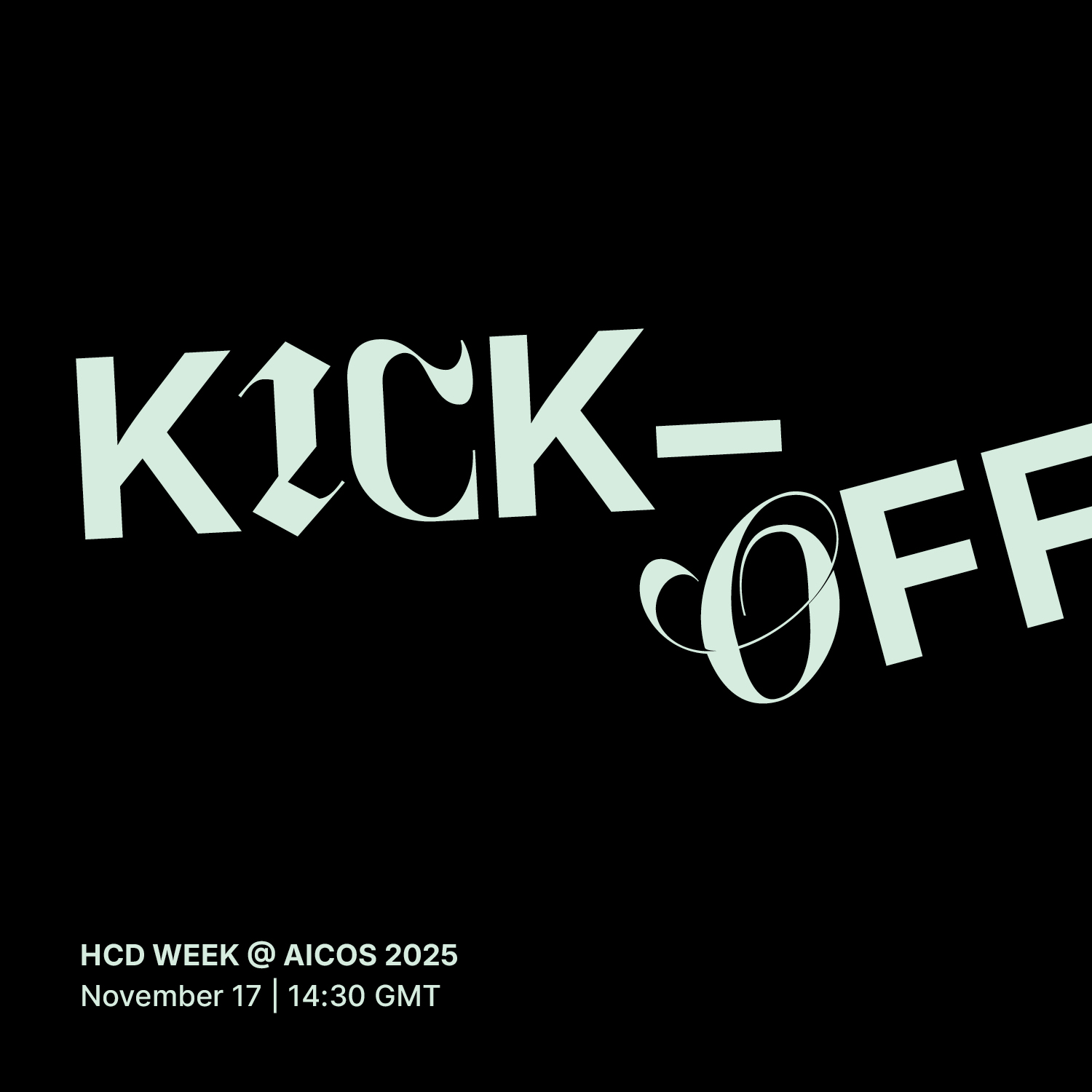

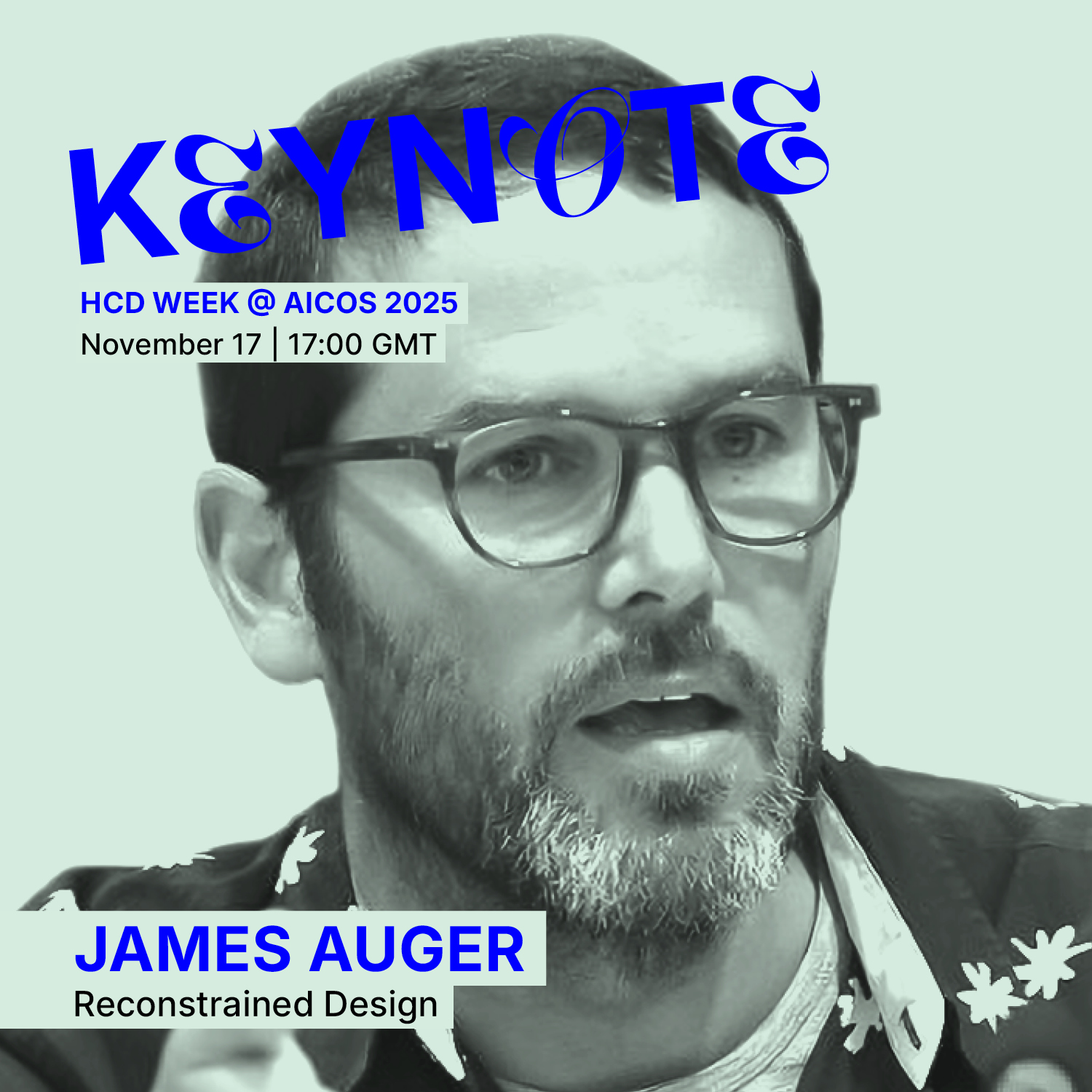
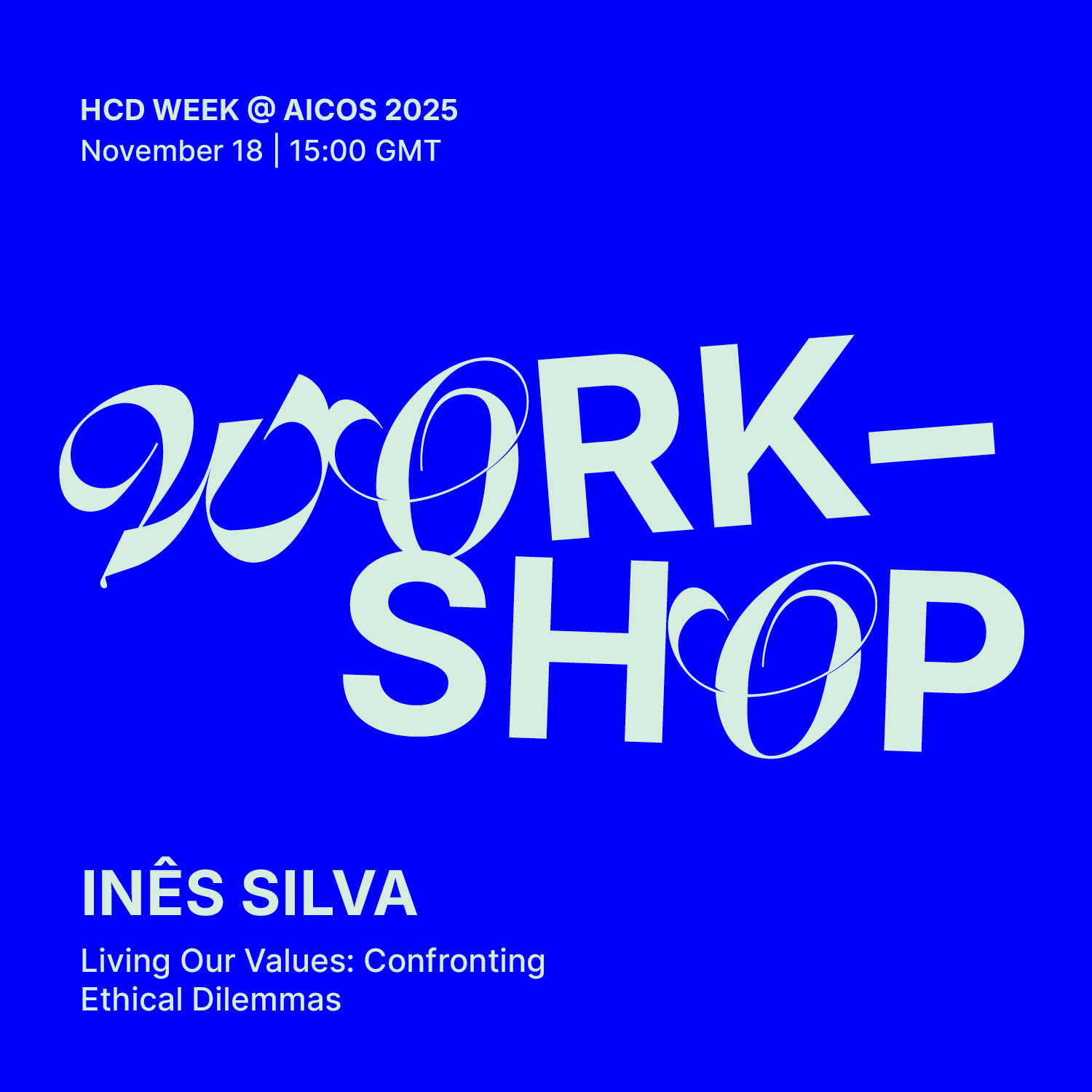
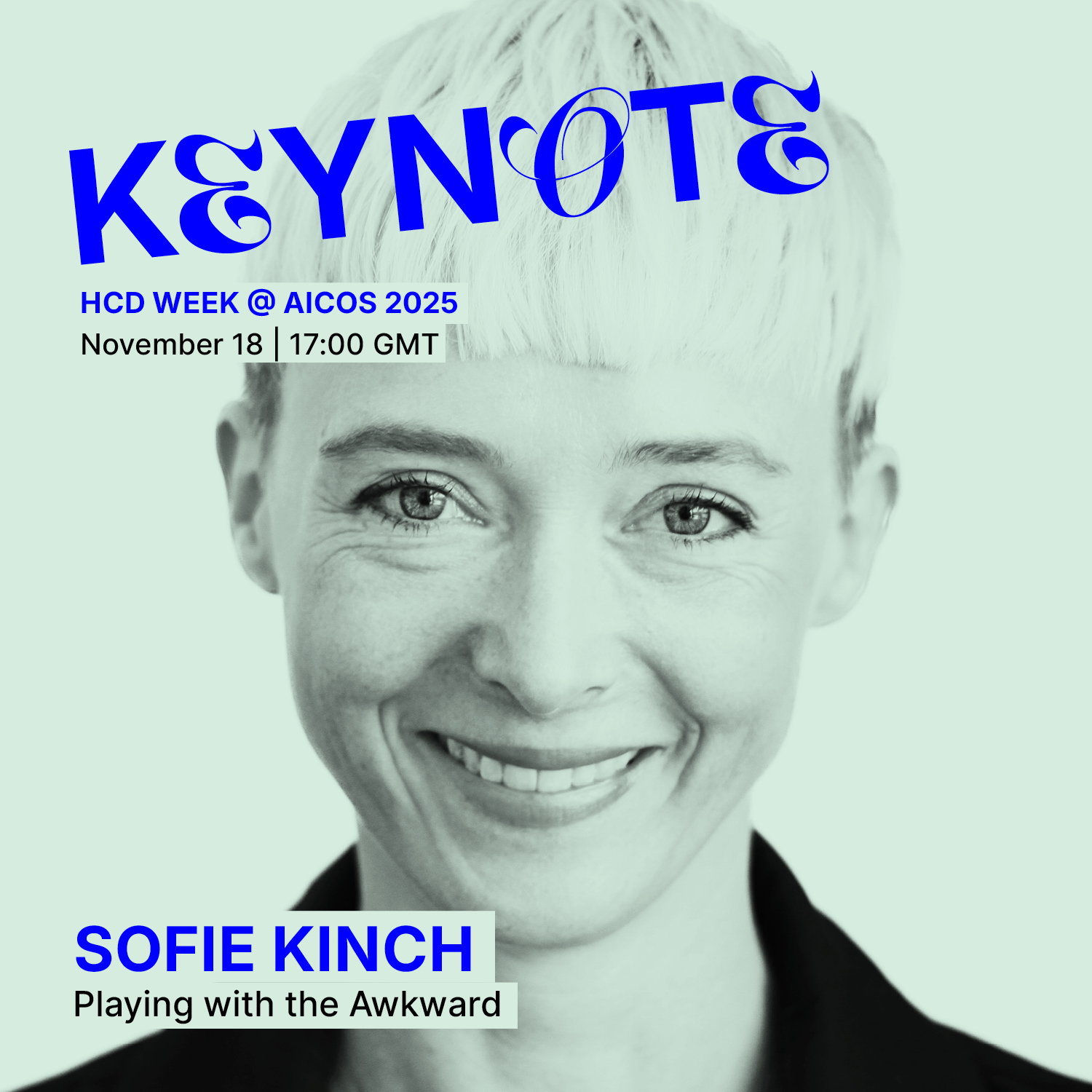
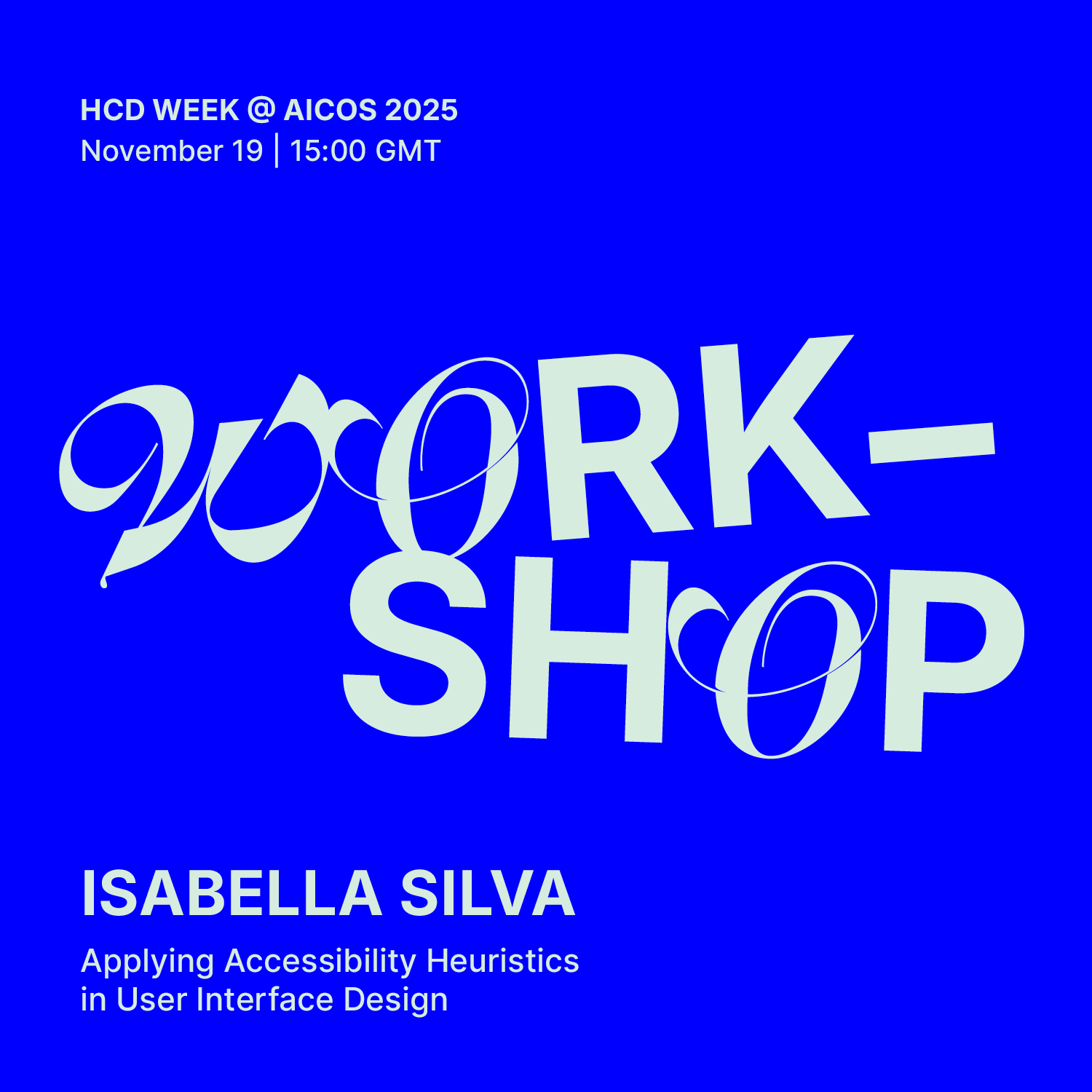
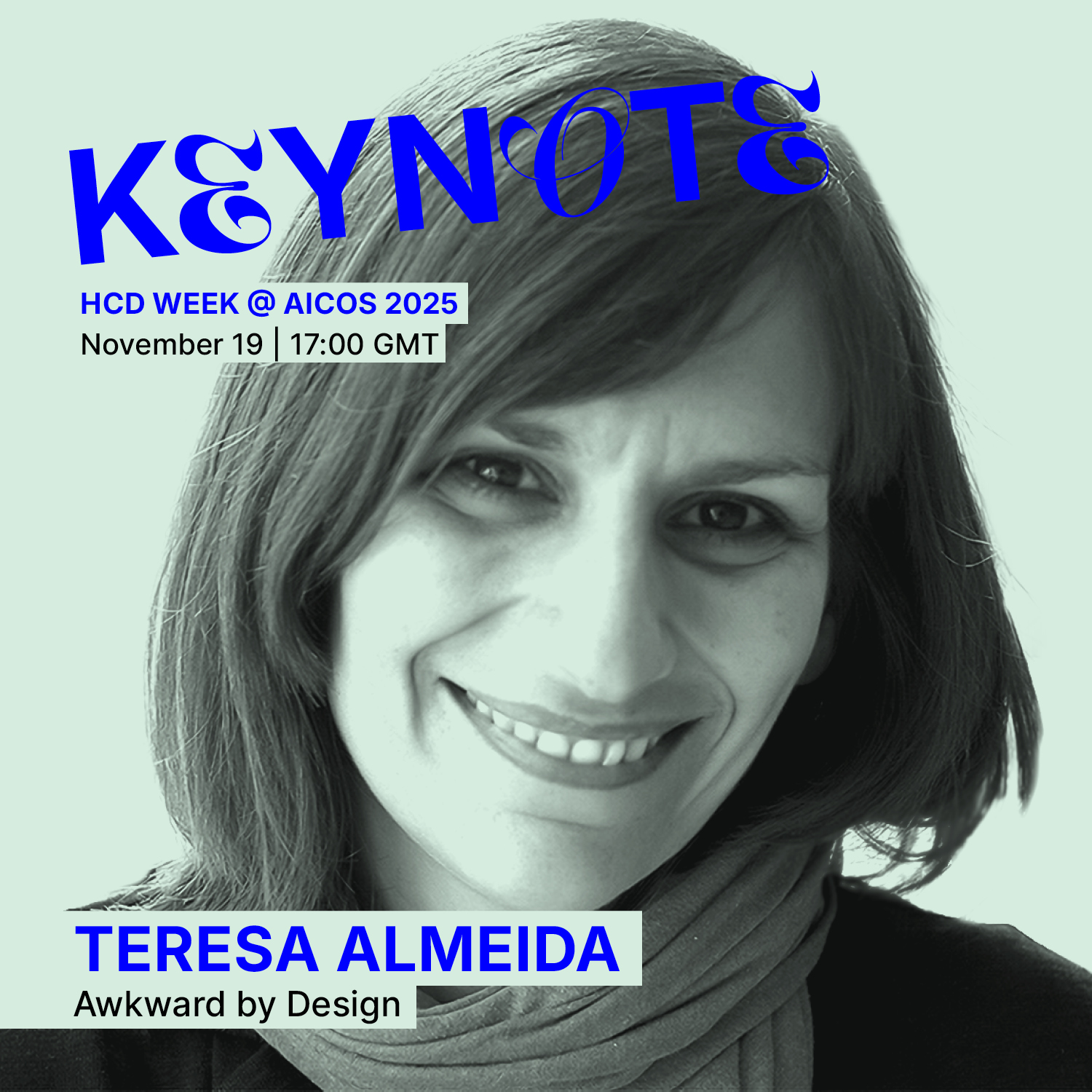
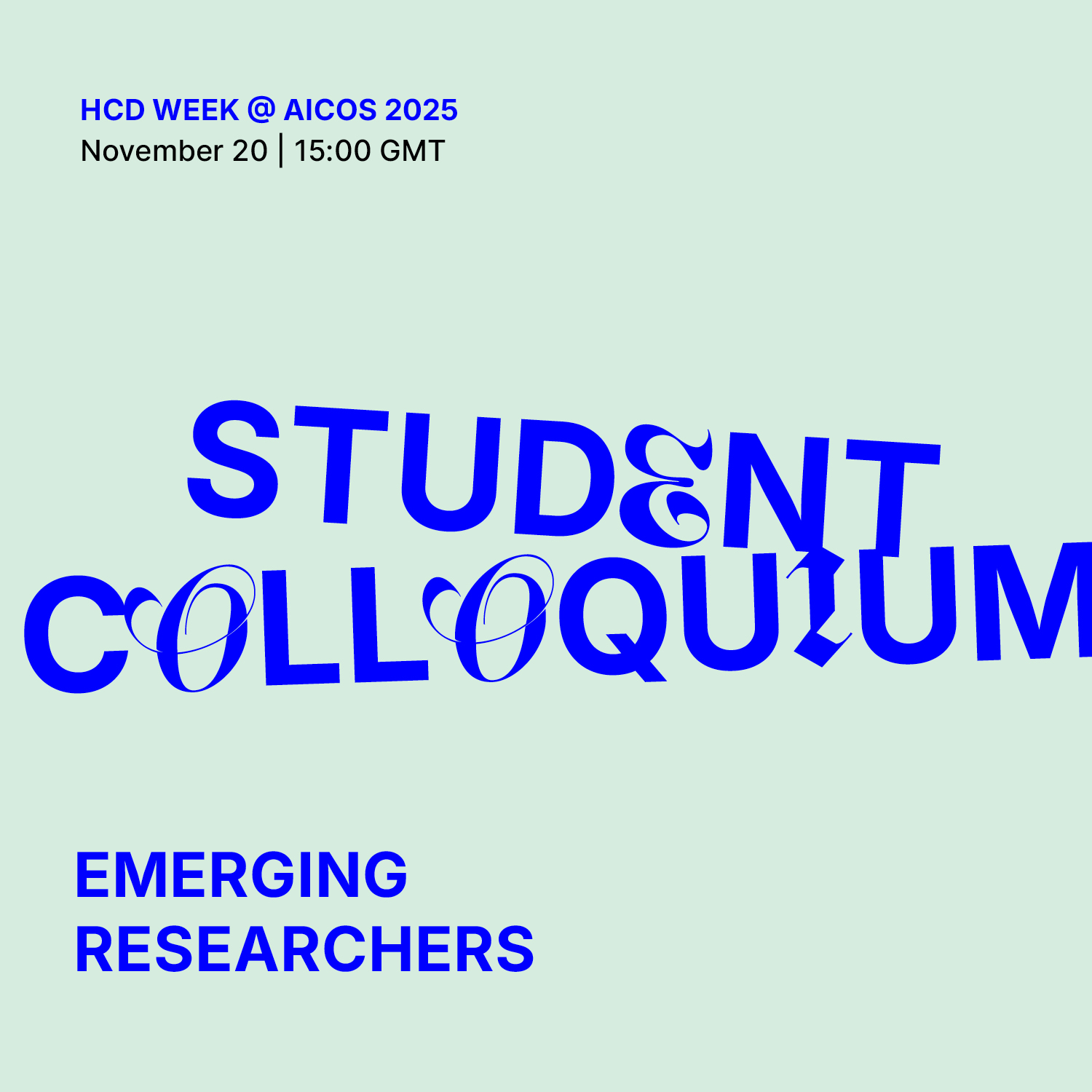
 Taboo: An exploration of design principles for the creation or design research artifacts to investigate taboo topics. Concurso de Projetos Exploratórios em Todos os Domínios Científicos 2023. 2023.15743.PEX.
Taboo: An exploration of design principles for the creation or design research artifacts to investigate taboo topics. Concurso de Projetos Exploratórios em Todos os Domínios Científicos 2023. 2023.15743.PEX.